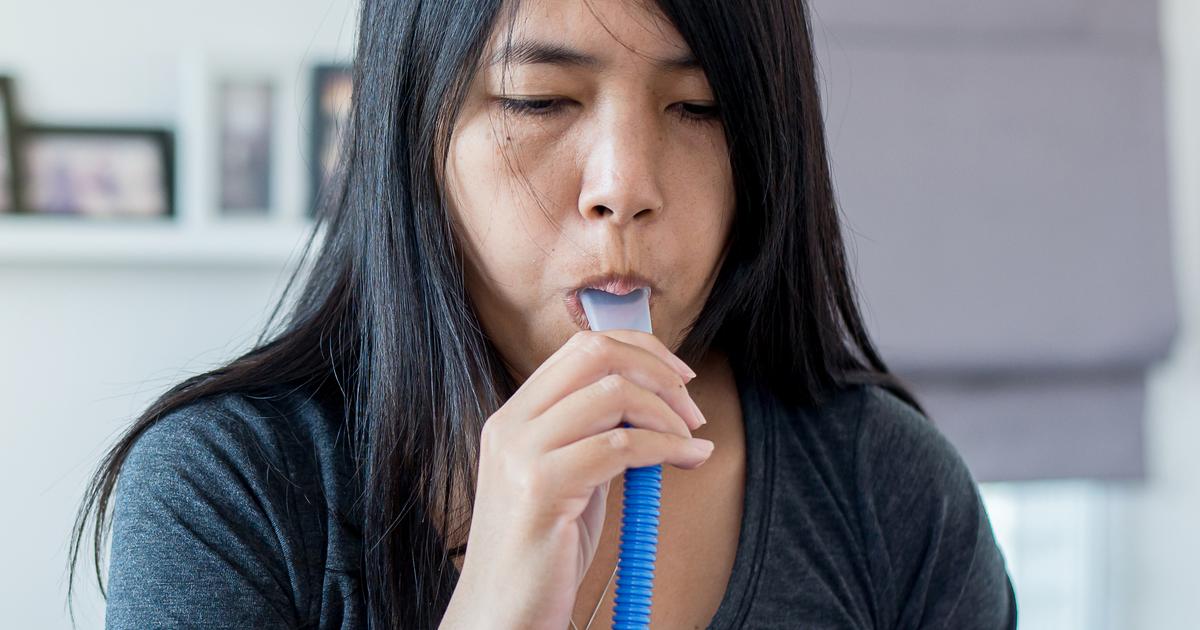Guide To The Symptoms Of Guillain-Barre Syndrome
Difficulty Breathing

An individual who has recently recovered from a respiratory or digestive infection and experiences difficulty breathing may be affected by Guillain-Barre syndrome. An individual can inhale and exhale air due to a complex arrangement of connective tissues and muscles that surround the lungs. Inspiratory muscles are those that help the thoracic cavity expand with inhalation, and expiratory muscles are those that help with the compression of the thoracic cavity during exhalation. Both types of muscles, as well as the diaphragm, work in sync with each other to produce the movement of breathing. The respiratory motor control system in the brain is responsible for producing the proper contraction of these muscles. These nerve impulses move from the brain to the brain stem, down the spinal cord, and to the peripheral nerves attached to the inspiratory and expiratory muscles. When these nerves become damaged from Guillain-Barre syndrome and can no longer carry muscle impulses properly, the patient may experience problems breathing.
